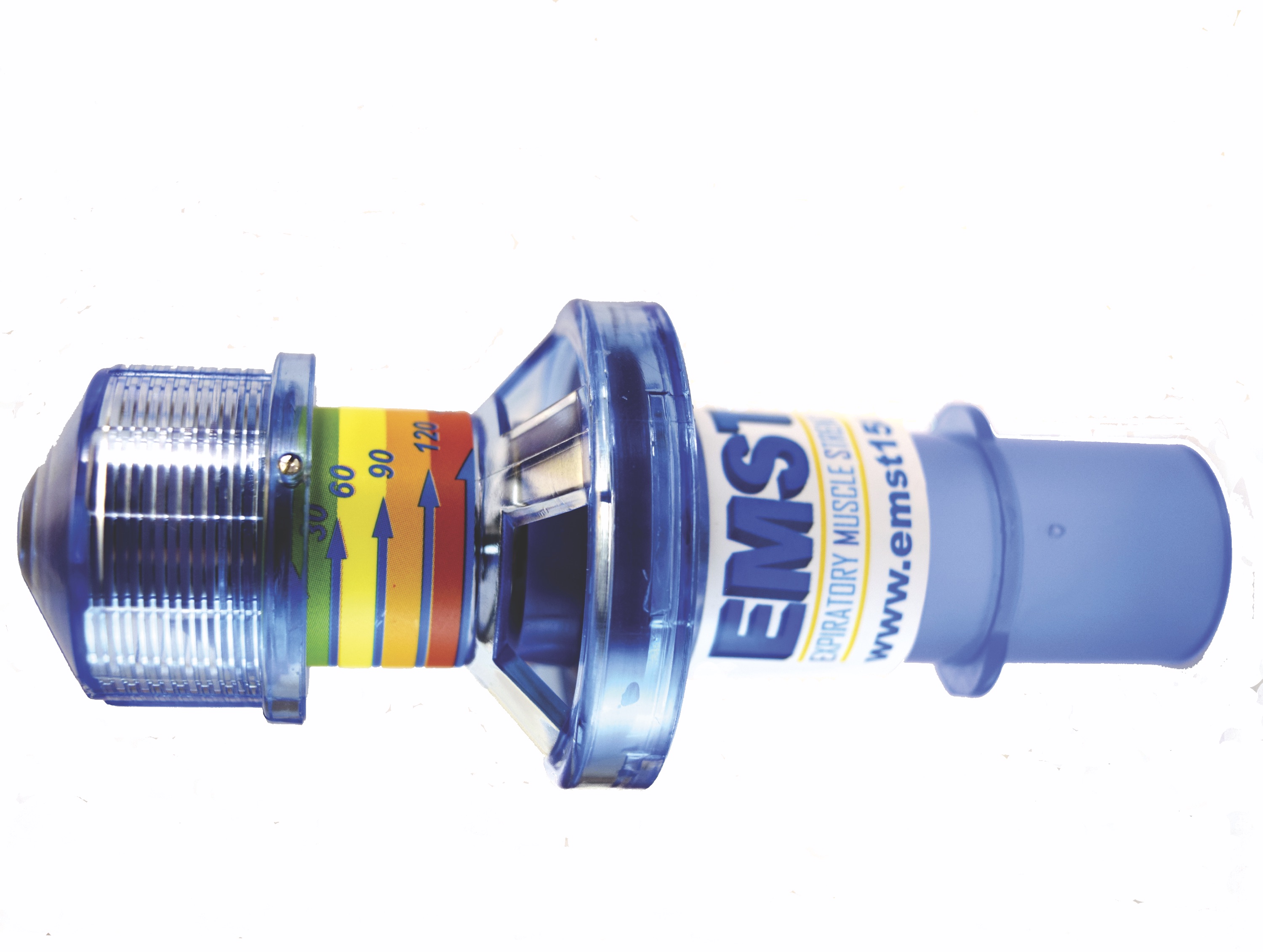Session Information
Date: Saturday, October 6, 2018
Session Title: Parkinson’s Disease: Clinical Trials, Pharmacology And Treatment
Session Time: 1:45pm-3:15pm
Location: Hall 3FG
Objective: The current study compared the effects of expiratory muscle strength training (EMST) and EMST plus voice therapy (VT) on speech loudness and intelligibility of speech in Parkinson’s disease.
Background: Hypophonia, characterized by a reduced speech loudness, is a major speech disturbance associated with PD. Expiratory muscle strength training (EMST) was found effective in improving respiratory and phonatory functions in PD by an intensive blowing exercise using a resistive pressure-threshold instrument. To supplement the strength training effect of EMST, skill training such as breath-speech coordination and loudness projection have been proven useful in other populations such as elderly, teachers and salesperson.
Methods: Twenty patients with idiopathic PD (in mild or moderate stage) were recruited and randomly assigned to EMST group and EMST-VT group. Both groups received a 4-week EMST training and EMST-VT group received an additional voice therapy. Outcome measures included maximum expiratory pressure (MEP), maximum phonation time (MPT), speech loudness during vowel prolongation (SL), speech loudness during passage reading (SL-pass), intelligibility rating score (IRS) and Voice Handicap Index (VHI).
Results: No pre-treatment group differences were observed in all measures. Significant treatment effects were noted in all measures (except VHI for EMST-VT group) in pre-post treatment comparison of both groups. Remarkably, a greater improvement in SL (p < 0.001) and SL-Pass (p < 0.05) was found in EMST-VT group while other measures showed similar improvement.
Conclusions: These findings demonstrated the effect of EMST on speech loudness in PD could be enhanced if it is combined with an intensive voice therapy. The difference in nature of strength training and skill training can explain the results.
References: Troche, M. S., Okun, M. S., Rosenbek, J. C., Musson, N., Fernandez, H. H., Rodriguez, R., … Sapienza, C. (2010). Aspiration and swallowing in Parkinson disease and rehabilitation with EMST: A randomized trial. Neurology, 75(21), 1912-1919. Wingate, J. M., Brown, W. S., Shrivastav, R., Davenport, P., & Sapienza, C. M. (2007). Treatment Outcomes for Professional Voice Users. Journal of Voice, 21(4), 433-449.
To cite this abstract in AMA style:
T.S. Tong, M.W. Ng. Effects of Expiratory Muscle Strength Training and Voice Therapy on Parkinsonian Speech [abstract]. Mov Disord. 2018; 33 (suppl 2). https://www.mdsabstracts.org/abstract/effects-of-expiratory-muscle-strength-training-and-voice-therapy-on-parkinsonian-speech/. Accessed February 11, 2026.« Back to 2018 International Congress
MDS Abstracts - https://www.mdsabstracts.org/abstract/effects-of-expiratory-muscle-strength-training-and-voice-therapy-on-parkinsonian-speech/

